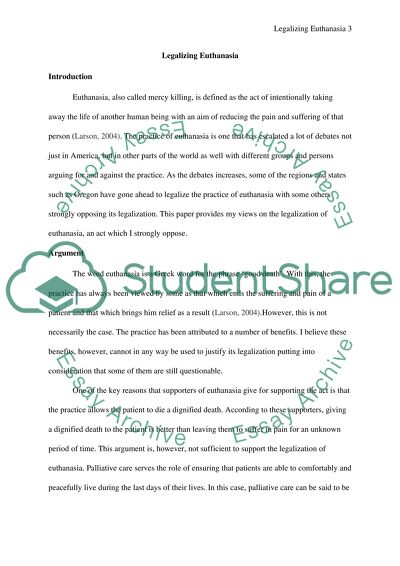Cite this document
(“Legalizing Euthanasia Article Example | Topics and Well Written Essays - 1500 words”, n.d.)
Legalizing Euthanasia Article Example | Topics and Well Written Essays - 1500 words. Retrieved from https://studentshare.org/nursing/1468687-write
Legalizing Euthanasia Article Example | Topics and Well Written Essays - 1500 words. Retrieved from https://studentshare.org/nursing/1468687-write
(Legalizing Euthanasia Article Example | Topics and Well Written Essays - 1500 Words)
Legalizing Euthanasia Article Example | Topics and Well Written Essays - 1500 Words. https://studentshare.org/nursing/1468687-write.
Legalizing Euthanasia Article Example | Topics and Well Written Essays - 1500 Words. https://studentshare.org/nursing/1468687-write.
“Legalizing Euthanasia Article Example | Topics and Well Written Essays - 1500 Words”, n.d. https://studentshare.org/nursing/1468687-write.


